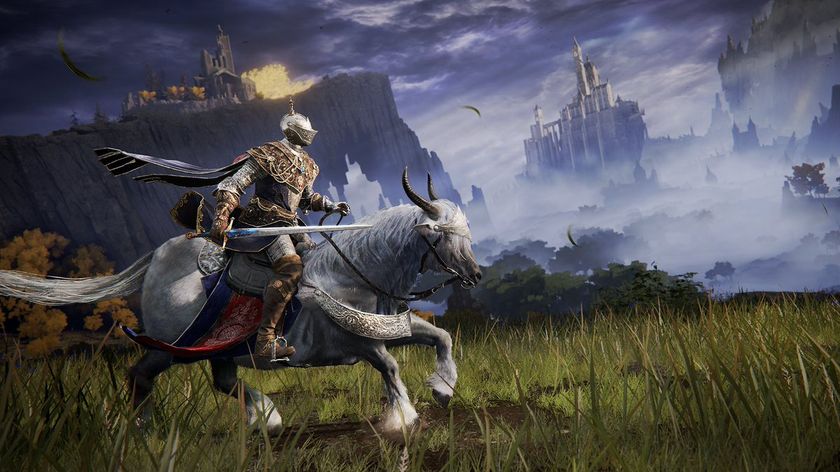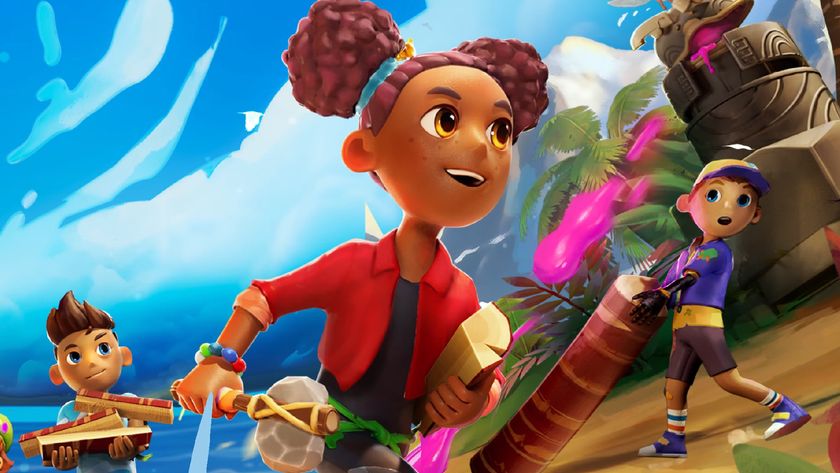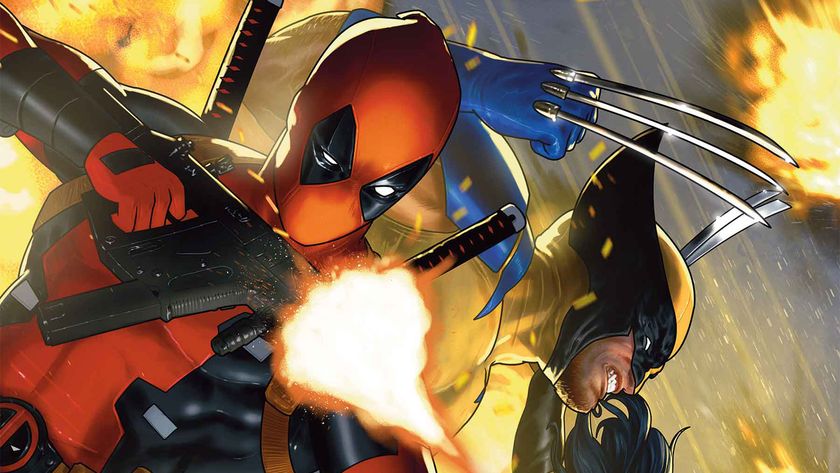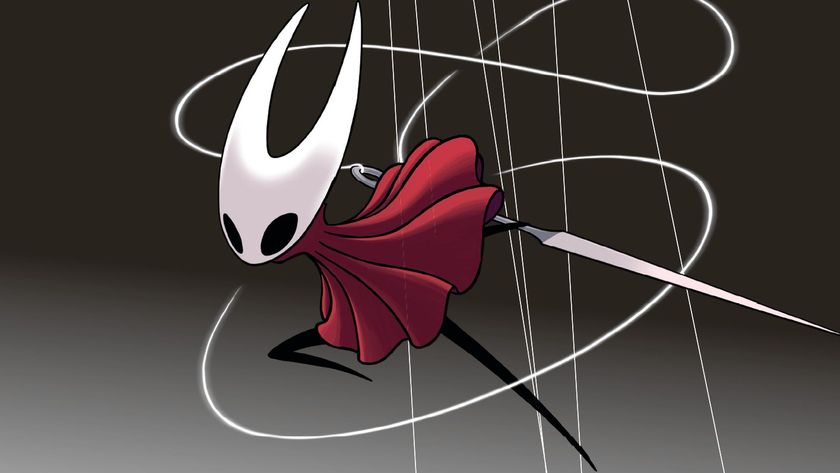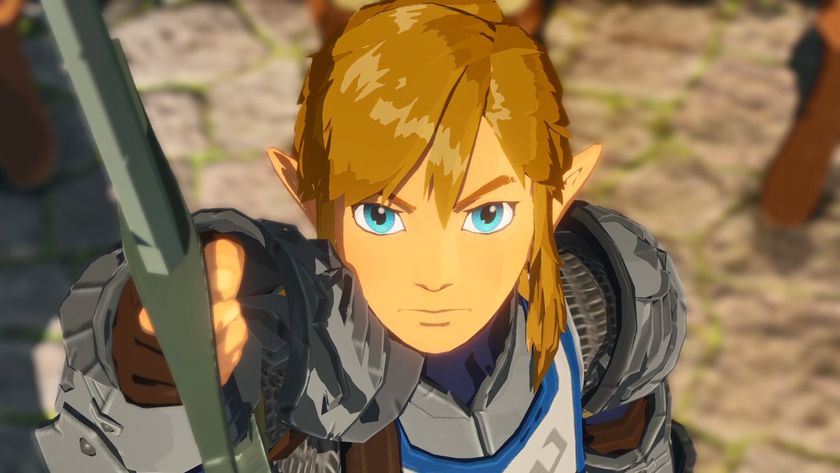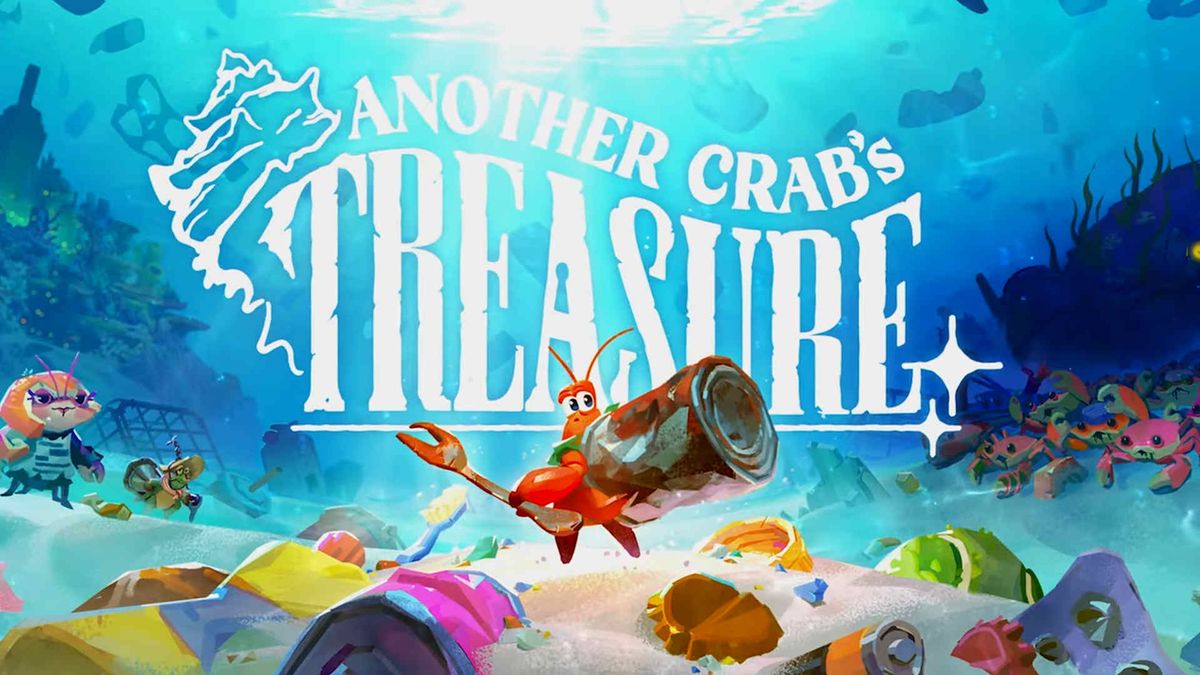
Multiple notable indie developers are issuing statements explaining the impact of game engine provider Unity's new business decisions to their fans.
Aggro Crab, developer of acclaimed 2020 roguelike Going Under and upcoming soulslike Another Crab's Treasure, led the way. Last night, the studio explained to fans that "Unity (the engine we use to make our games) announced that they'll soon be taking a fee from developers for every copy of the game installed over a certain threshold - regardless of how that copy was obtained."
In the case of Another Crab's Treasure, which is coming to Xbox Game Pass next year, Aggro Crab says that if a "fraction" of the subscription service's 25 million subscribers download the new soulslike, "Unity could take a fee that puts an enormous dent in our income and threatens the sustainability of our business." The studio goes on to explain that that's before factoring in full purchases, pirated copies, or multiple installs by the same user - each of which will count towards the fee.
Aggro Crab goes on to reiterate calls made by a number of game developers since last night's announcement - that "this decision puts us and countless other studios in a position where we might not be able to justify using Unity for our future titles. If these changes aren't rolled back, we'll be heavily considering abandoning our wealth of Unity expertise [...] and starting from scratch in a new engine."
SIGH pic.twitter.com/YgJEKGVQEISeptember 12, 2023
Among Us developer Innersloth also issued a statement saying that the changes "would harm not only us, but fellow game studios of all budgets and sizes. If this goes through, we'd delay content and features our players actually want to port our game elsewhere. But many developers won't have the time or means to do the same."
Daniel Sooman, whose free parody games Muck and Crab Game are made in Unity, and have been downloaded 28 million times, calculated that under the rules, he'd owe Unity $5.6 million - a fee that's obviously far in excess of the money they've made from two games that they gave away for nothing.
Cult of the Lamb developer Massive Monster also explained the changes to its followers, stating that "we have future projects in the pipeline that were initially planned to be developed in Unity. This change would result in significant delays since our team would need to require an entirely new skill set."
Sign up to the 12DOVE Newsletter
Weekly digests, tales from the communities you love, and more
Stop the stink @unity pic.twitter.com/ijme9wQ89mSeptember 13, 2023
It's a series of messages being echoed across the industry this morning. Studios that are early enough in development to consider a switch are also considering the impact of a delay on their bottom line, while those that are a few years into a project are concerned that they don't have the time or resources to adapt to the new terms. Unity has attempted to row back the messaging on some of its most controversial terms, but it's clear there's little faith in the company's decision-making at this time.
This might be a good time to keep a close eye on our list of upcoming indie games.

I'm GamesRadar's news editor, working with the team to deliver breaking news from across the industry. I started my journalistic career while getting my degree in English Literature at the University of Warwick, where I also worked as Games Editor on the student newspaper, The Boar. Since then, I've run the news sections at PCGamesN and Kotaku UK, and also regularly contributed to PC Gamer. As you might be able to tell, PC is my platform of choice, so you can regularly find me playing League of Legends or Steam's latest indie hit.
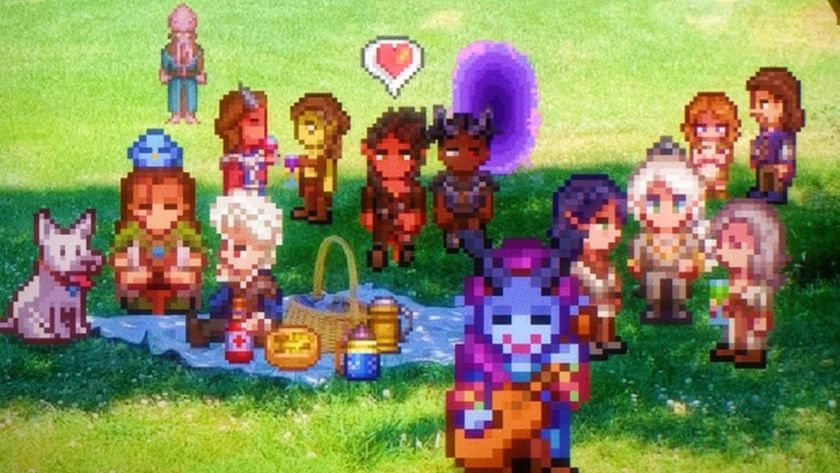
Following "mistaken" DMCA from D&D publisher Wizards of the Coast, Stardew Valley player behind Larian-approved Baldur's Gate 3 mod assures work will "resume as scheduled"
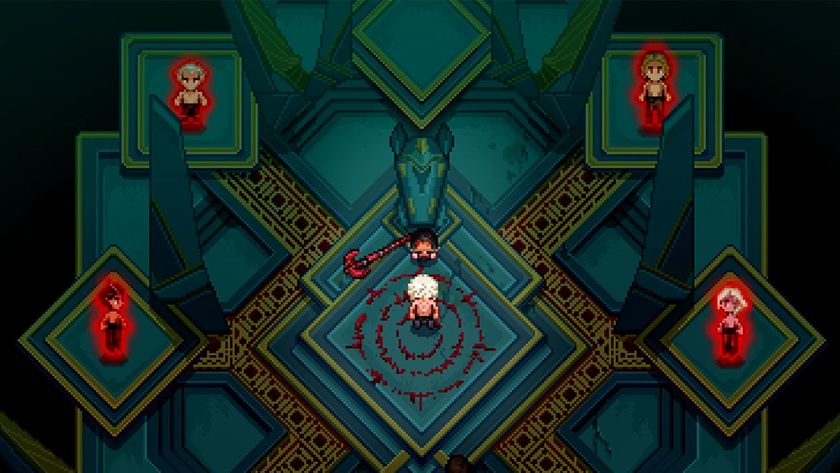
After slamming D&D's Wizards of the Coast, Baldur's Gate 3 devs celebrate "good ending" for Stardew Valley mod as it gets reinstated after a "mistaken" DMCA


